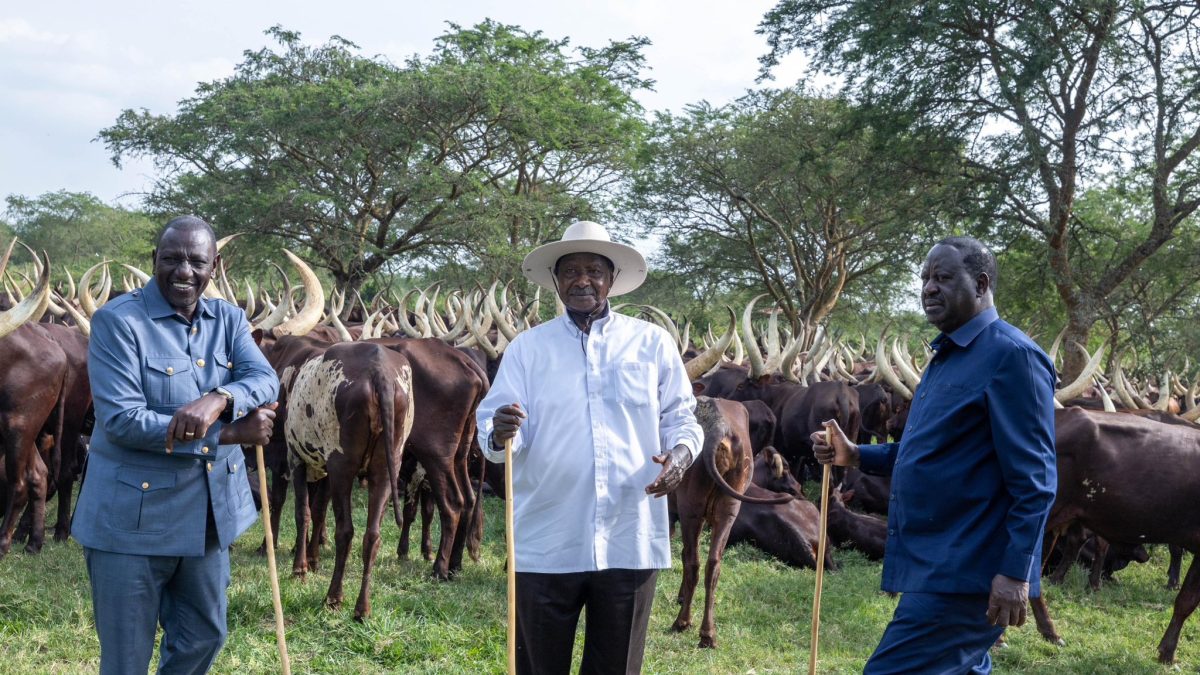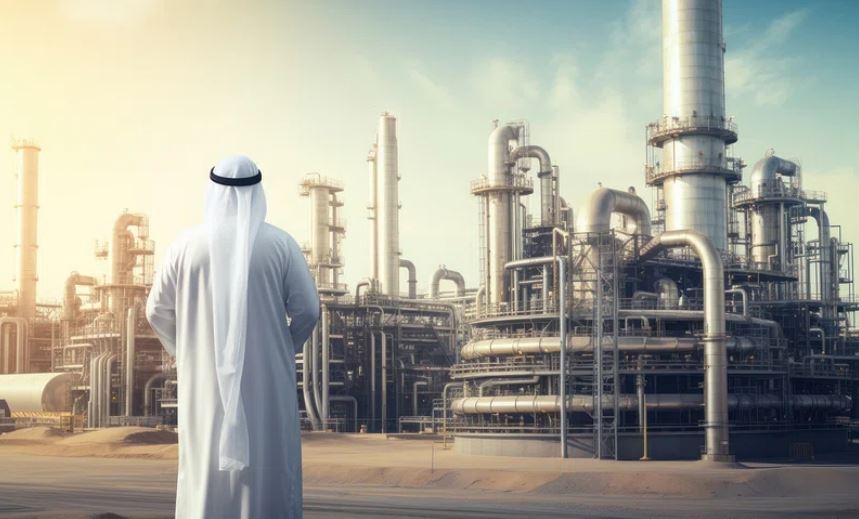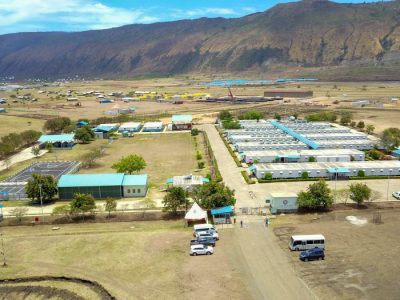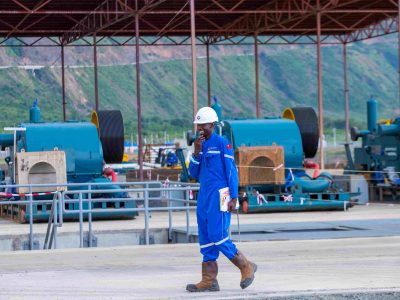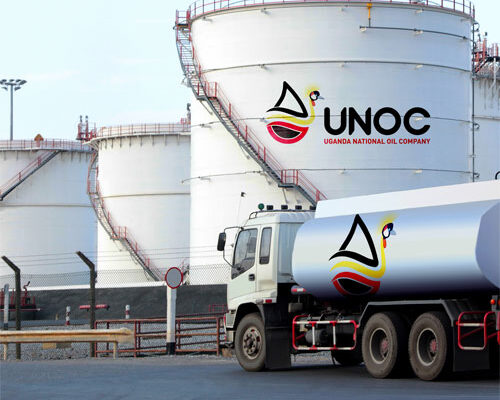
Established in the 1970s as a strategic reserve, to enhance security of petroleum supply in Uganda, the Jinja Storage Terminal (JST) does not have the capacity to sustain the country’s petroleum needs beyond a week.
Besides, the government has no plans to restart operations there for now, according to top government officials.
This is in the face of spiking global oil prices, partly as a result of Russia’s unpopular military campaign in Ukraine, and the risk of what could be a disputed electoral vote in neighbouring Kenya in August.
“The government does not have money for the Jinja Storage Terminal. It has other pressing demands,” said an official from the Ministry of Energy and Mineral Development, who did not want to be mentioned due to the sensitivity of the matter.
The Jinja Storage Terminal (JST) is after all run by One Petroleum, a private company, following a joint venture partnership the company agreed with the Uganda National Oil Company (UNOC) about 5 years ago.
That decision to offer One Petroleum the duty of operating the JST came with both positives and negatives. Positive in the sense that private companies tend to be more efficient in running highly-capitalized facilities, but negative since the stock is purely for commercial purposes, to be resold for profit to oil marketing companies and not to respond to public outcries over fuel shortages.
John Bosco Habumugisha, the general manager, National Pipeline Company – a UNOC subsidiary – says strategic national fuel reserves are a responsibility of the government and not the private operators. So, until the government can avail the necessary funds to stock up on the same, the public will bear the burden of pump price hikes by themselves.
That being said, with only a capacity of 30 million litres, the JST stocks would only last Uganda about five days, with current consumption of petroleum products standing at about 5 million litres a day.
This has therefore intensified calls for the construction of the Kampala Storage Terminal (KST), which is projected to hold up to 320 million litres of refined petroleum products.
Last month, the parliamentary committee on trade, tourism and industry, recommended as much.
The committee had been set up to investigate the cause of the sudden fuel price increase in December 2021, when it hit a record high of UGX 15,000 per litre in Hoima and between UGX 6,000 and UGX 8,000 per litre countrywide, up from UGX 4,000.
However, with the KST requiring about $135 million to set up, it is difficult to see the cash constrained state putting up this kind of money any time soon.
Fixing Transport
Peter Muliisa, the chief legal and corporate affairs officer at UNOC, says that while the state lacks strategic reserves, it can always look at stabilizing the price over the long term by ensuring that the logistics structure is functional and protected so that the bottlenecks that hamper transport are removed.
Efficient transportation of fuel products will knock a significant amount off the final pump price, he argues.
“Fixing transport is the only way of ensuring security of supply,” he says.
Uganda has examined the possibilities of using the southern route from the coast via Tanzania and also receiving fuel from Kisumu in Kenya by barge via Lake Victoria.
Calls for the state to directly determine pump prices have often been dismissed as unrealistic since Uganda runs a liberalized market, where the legal framework dictates that prices should be determined by forces of demand and supply.
As such commodity prices are likely to continue increasing as well in the meantime since fuel is the main determinant for transportation costs. Experts believe the disruptions to oil flows due to the Russia-Ukraine crisis would soon push global oil prices to $120 per barrel.
Muliisa is, however, optimistic that the global supply shortfall due to the war in Europe will be addressed by OPEC sooner rather than later.
He also hopes to see upstream investments (crude oil exploration) increase globally following a lull, so that fuel supply shortfalls are minimized in the long term.



